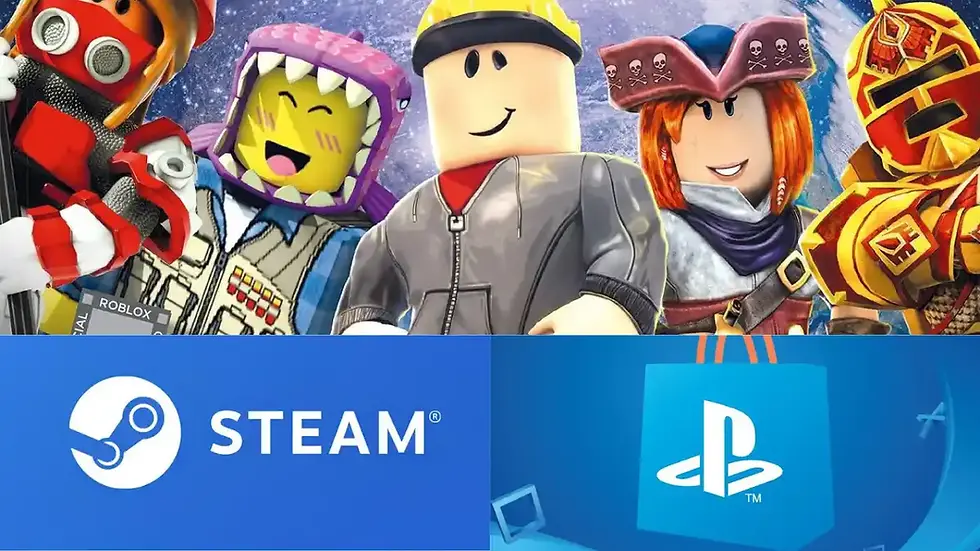Twitch Now Lets Streamers Spend Their Earnings on Twitch—But Nobody’s Happy About It
- Sagar Mankar

- Jun 1, 2025
- 2 min read

Twitch has rolled out a controversial new feature that lets streamers spend their own earnings—on Twitch.
The platform now offers U.S.-based creators the option to purchase Bits, gift subs, and more using the money they make from streaming. And while Twitch says it’s a way to “give back,” the community is far from convinced.
New Feature or Platform Trap?
In a recent announcement, the Twitch Support team posted:
“We are rolling out the ability to buy Bits and gift subs with the money you make streaming on Twitch. Give back to your community or support other streamers you love using your spendable balance.”
This applies to earnings below the $50 payout threshold, which streamers can use without withdrawing as cash until they reach Affiliate status.
While the feature is technically optional, streamers have widely criticized it as a thinly veiled attempt for Twitch to keep more of their earnings. After all, the platform takes a 50% cut of all gifted subscriptions. So, when a streamer buys gifted subs with their own Twitch income, they’re essentially funneling more money back into the platform’s pockets.
Community Reaction: “Nobody Asked for This”
The backlash was swift and loud. Many streamers view the update as "predatory," arguing it traps small streamers:
"It’s like being paid in company scrip," one user commented.
Others noted that the update prioritizes Twitch's revenue model over streamer well-being, questioning the motive behind encouraging creators to reinvest rather than withdraw funds.
Some pointed out that Twitch already earns on the front end (via subs) and now stands to gain again when creators "spend" their income internally.
Streamers like Knut and Mizkif have also reported declining ad revenue, adding to concerns about Twitch’s financial pressures.
Global Rollout Coming Soon
For now, this feature is limited to creators in the United States, but Twitch has confirmed it plans to expand the feature globally later this year.



Comments